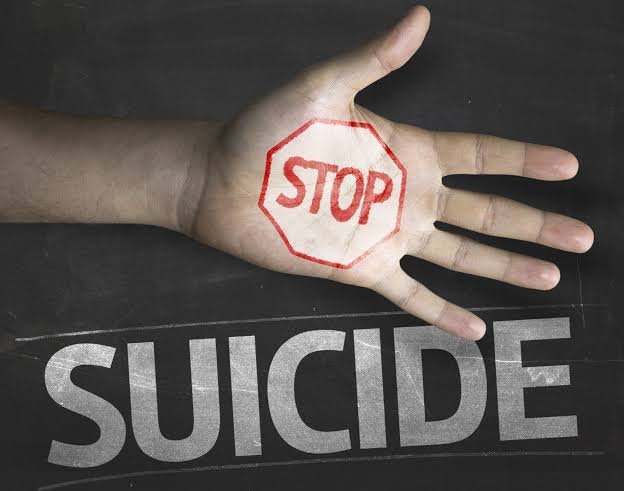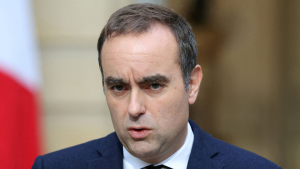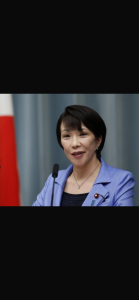
As the United Nations marks World Suicide Prevention Day (WSPD) with the theme ‘Changing the Narrative on Suicide,’ Nigeria is facing a rising trend in suicide cases, according to mental health experts and data collected by national media.
Over the past seven years, 367 reported suicides have been documented in Nigeria, with numbers fluctuating year-on-year but remaining concerningly high.
Major factors behind the surge include economic hardship, unemployment, relationship breakdowns, domestic violence, and toxic workplace environments.
Young people are particularly vulnerable due to academic pressures, cyberbullying, and lack of emotional support, alongside untreated mental health disorders such as depression, anxiety, bipolar disorder, and substance abuse.
Mental health professionals emphasize that suicide is a silent epidemic stemming from untreated psychological illnesses and social neglect.
Cultural and religious stigmas often discourage sufferers from seeking help, branding suicide as a moral failing. This stigma pushes many into silence, worsening their condition.
Experts urge society to foster safe spaces for open conversations on mental health, encourage families to listen without judgment, and organize awareness programs in schools, religious centers, and communities.
Psychiatrists highlight the importance of education to recognize early warning signs and the need to treat underlying mental health conditions to prevent suicidal thoughts.
Suicide can be impulsive or linked to personality disorders and psychosis, with substance abuse exacerbating risk factors.
Media has a critical role in raising awareness but must responsibly avoid glamorizing or detailing methods that could trigger vulnerable individuals.
The government is called upon to take decisive steps, including the decriminalization of attempted suicide, as current laws punish survivors—deepening trauma and hindering help-seeking behaviours.
Statistics show suicide rates in Nigeria are higher than global averages, with Nigeria ranking sixth globally in suicide rates.
Men constitute most completed suicides, while women experience more suicidal thoughts. The young, especially those aged 15 to 29, are the most affected group.
The challenges are complex and interconnected, demanding comprehensive efforts from government, health professionals, communities, and families to stem the tide of suicide and improve mental health support in Nigeria.








